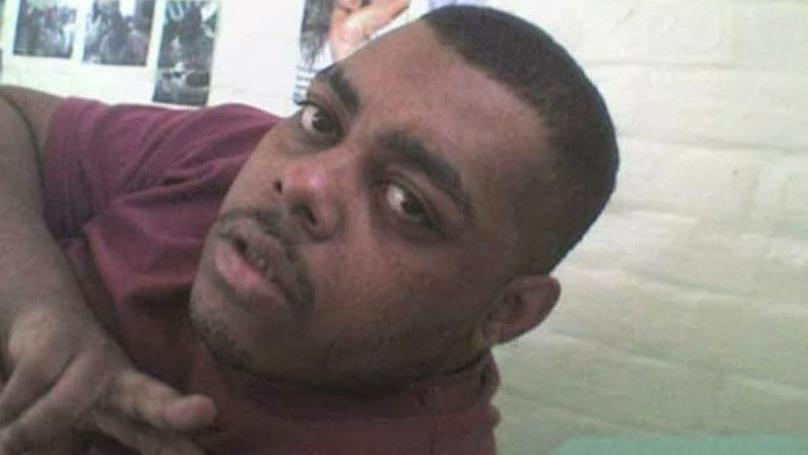Man claims brother's prison sentence is 'torture'
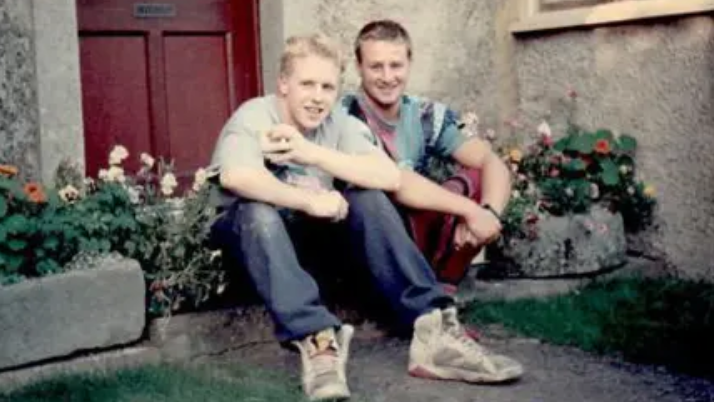
Roddy (right) says campaigning for his brother Rob's (left) release has taken over his life
- Published
The family of a Gloucestershire man who has been in prison for 16 years after initially being given a two-and-a-half year sentence are appealing to parliament for his release.
Rob Russell, from the Forest of Dean, was sentenced in 2009 for making threats to kill and remains incarcerated due to having an Imprisonment for Public Protection (IPP) order.
Rob has struggled with his mental health and his family have joined a campaign urging MPs to re-sentence those currently on IPPs, so they can be released accordingly.
"Over the years I've witnessed a slow, painful decline in his mental health - he's gotten to a point where he will not engage," said Roddy Russell, Rob's brother.
Rob had been sent to a low security mental health facility in 2017 and showed signs of improvement before being returned to a conventional prison.
In August he was sent to a medium security mental health facility, meaning he is deemed more of a risk than when he was first referred.
Roddy believes that this is a direct result of the toll indefinite imprisonment is having on his brother:
"They've got to a point where they've realised that the disruptive behaviour is a result of the mental strain from trying to serve the IPP sentence and trying to stay sane," he said.
"To my mind he's sort of gone mad - it's a level of madness," he added.
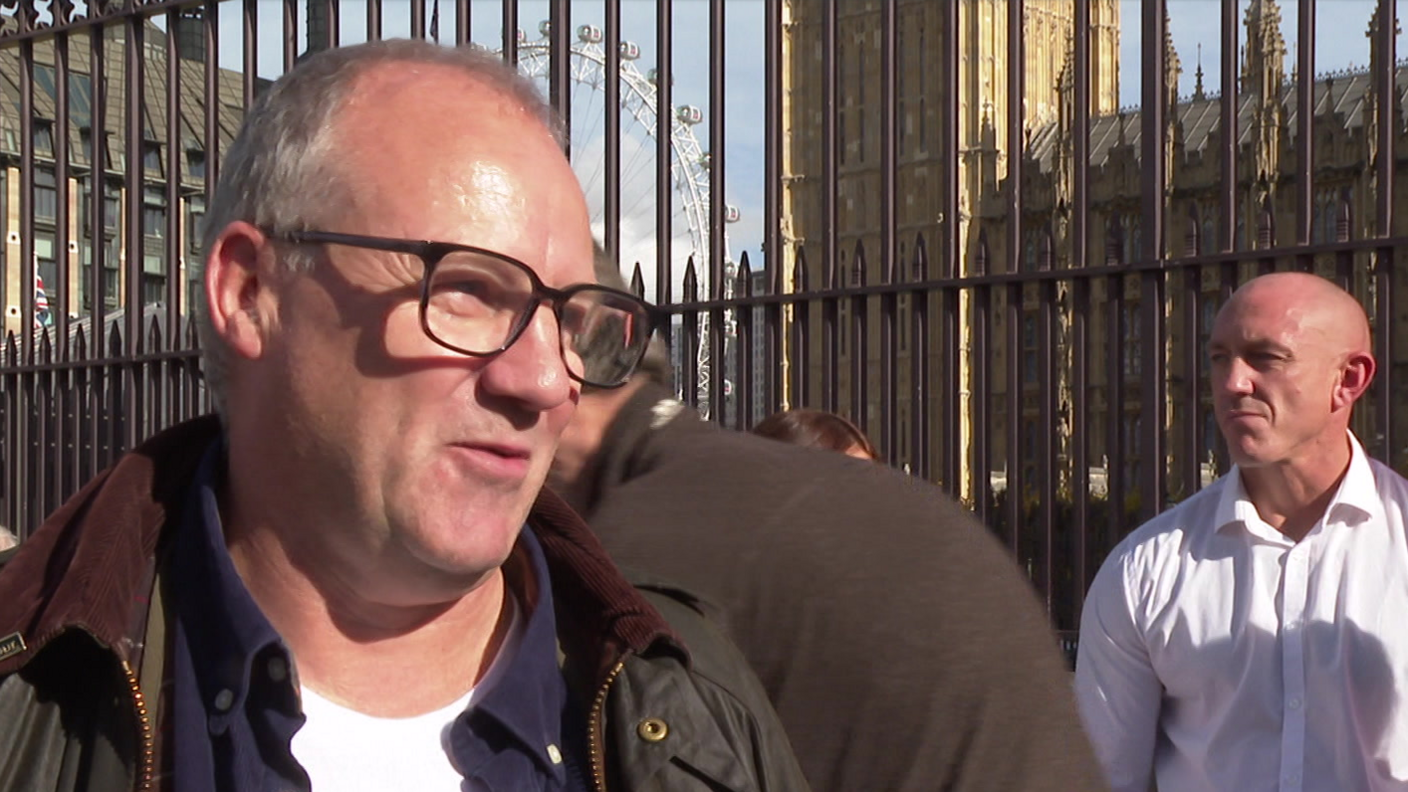
Roddy Russell wants to see a clear pathway to release for inmates currently serving IPP sentences
Roddy joined campaigners in Westminster this week calling for prisoners on IPP who are sent to mental health units to not be sent back to conventional prison.
"It's prison that is abusing them, and I have to use the word abuse because it's psychologically torturing these people," said Roddy.
"If the prison and the psychologists have recognised that they need to go to hospital then they should never go back to prison," he added.
"The pathway to release should be from prison to hospital and then hospital to the community with the appropriate support and safeguards in place".
IPP's were introduced in 2005 for people considered dangerous.
They were scrapped in 2012 but the latest government data, external shows more than 1,000 people have still never been released and a further 1,532 have been recalled due to having an IPP.
The Home Secretary at the time IPPs were introduced has said that he "regrets" how they were implemented, and successive governments have attempted to resolve the issue.
False dawns
"The tragedy is that you'll have people who might not have been mentally damaged when they went in, but the experience of living with false dawns has had significant consequences for them," said former Lord Chancellor and Secretary of State for Justice, Alex Chalk KC.
Mr Chalk does not believe that resentencing is practical or fair on judges who will be forced to ignore the opinions of the parole board and potentially put the public at risk.
"The parole board are tasked with considering if people are a danger to society and you have to keep that in place," he said.
"The resources need to be in place so that the parole board can have these hearings regularly and that prisoners get the support that they need, such as psychiatric or drug and alcohol treatment, so they can put their best foot forward and show they are reformed."
Justice Minister, Jake Richards, said it was "right" that IPPs were scrapped and said that the government's IPP Action Plan "has made a dramatic impact in the number of prisoners serving these sentences.
"Fundamentally, this government will always prioritise public safety and we will not allow for the release of prisoners unless a parole board has deemed that to be safe," he added.
Get in touch
Tell us which stories we should cover in Gloucestershire
Follow BBC Gloucestershire on Facebook, external, X, external and Instagram, external. Send your story ideas to us on email or via WhatsApp on 0800 313 4630.
Related topics
- Published7 October 2024
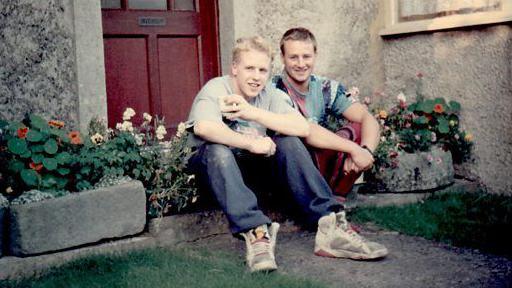
- Published12 July 2024
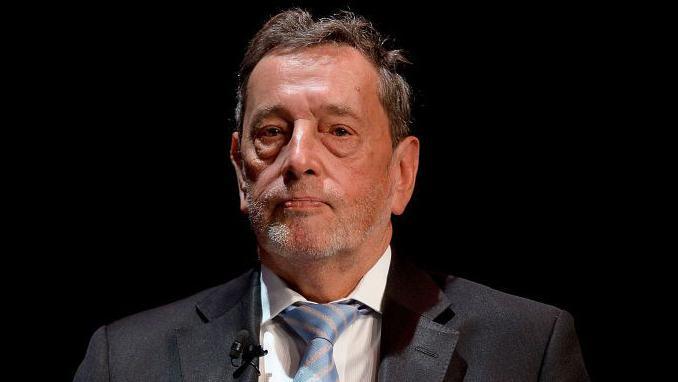
- Published15 September
